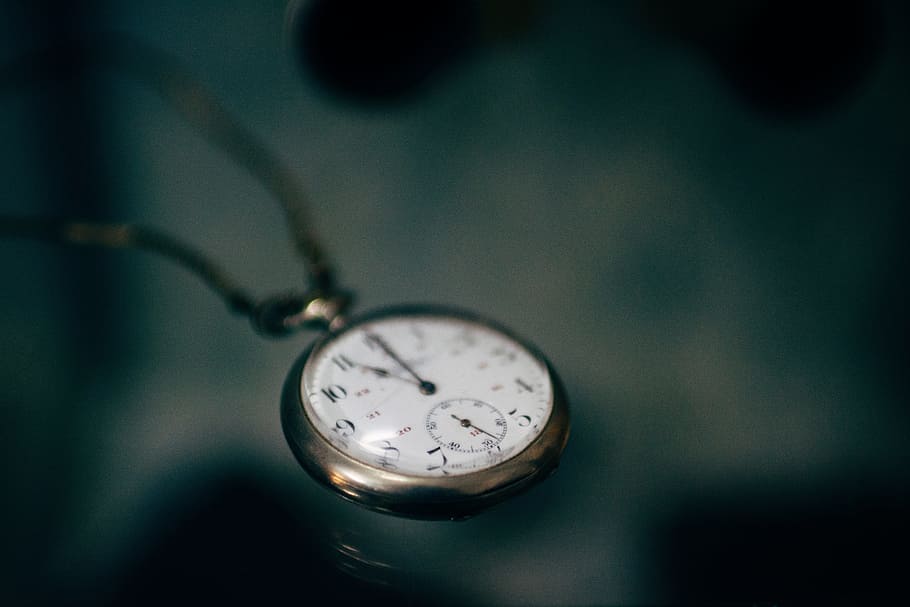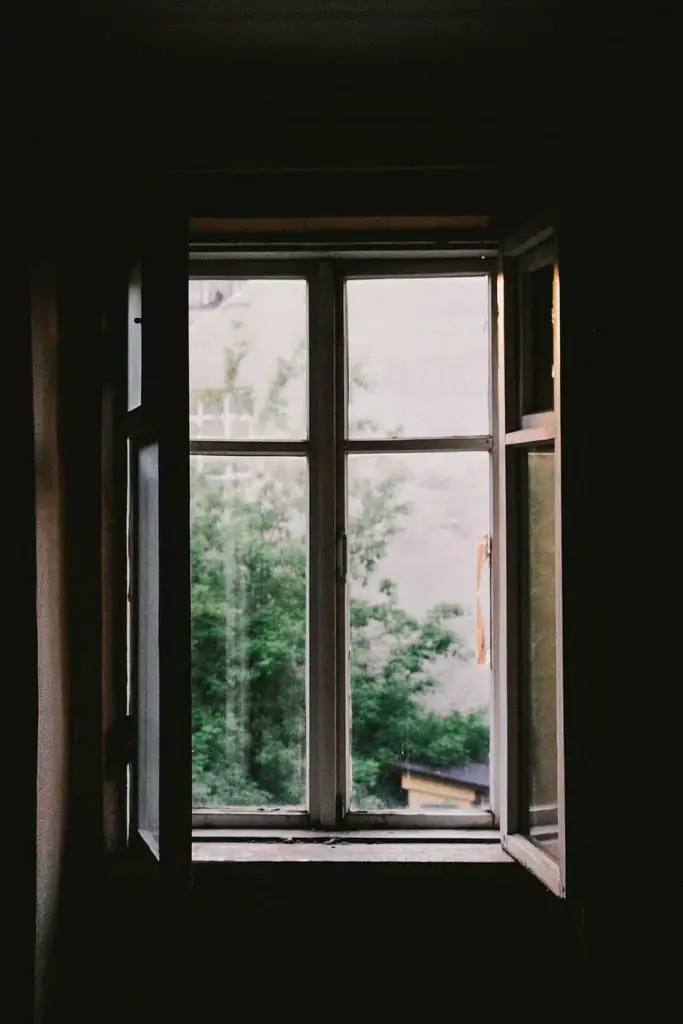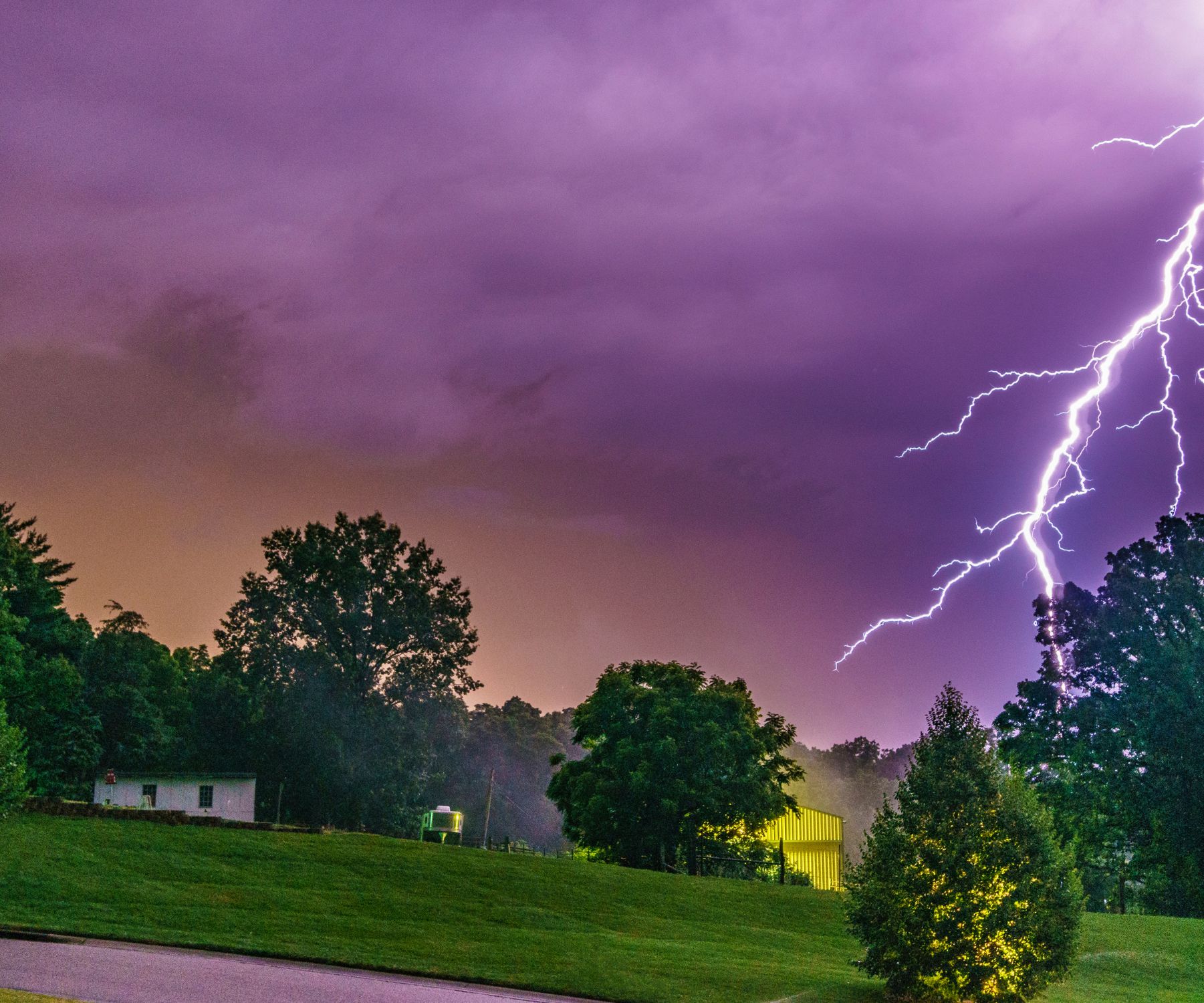Have you recently purchased an air purifier and are wondering where to put it or how long to run it. Air purifiers are expensive and definitely want to get your money’s worth after you’ve bought it.
Table of Contents
How often should you run an air purifier?
24/7. Environmental allergies like pollen do not take a break so be prepared to leave your air purifier on all the time during allergy season.
Air purification is an important part of maintaining a healthy environment in your home or office. Breathing clean air use as important as drinking clean water and eating nutritious foods.
Often people purchase air purifiers because they are health conscious and want to have the cleanest home possible for themselves and their families.
But you can argue that more often than not, air purifiers are not even on your radar till you come into a local situation where you are getting unexplained sneezing fits or headaches.
Or you’re just sick of dealing with pollen season.
The point is is that there is a variety of reasons people purchase air purifiers and not every reason requires the same type of air purifier or placement or length of time to keep it on.
But all air purifiers do not use the same types of technologies.
 Is it safe to run an air purifier all the time?
Is it safe to run an air purifier all the time?
Yes. When you use the standard 3 filter air purifier that combines a pre-filter with a HEPA and a carbon filter then you are completely safe to leave it on 24/7.
If your air purifier relies specifically on HEPA and carbon filters, then you can turn it on and leave it on and not think nothing about it after that till it’s time to change the filters.
But…
If your air purifier on the other hand uses oxidation, then you’re probably not going to want to leave it on 24 hours because of the byproduct of ozone being created in the oxidation process.
What!
A lot of people will click out and run away at the mere mention of an air purifier creating ozone.
But the truth is that some of the best types of air purifiers for sanitizing the air and reducing germs in your home do create some ozone as a byproduct. It is a fact.
As an example, photocatalytic oxidation is a technology that can reduce mold spores up to 99 percent and has been proven to destroy airborne viruses.
These air purifiers require a different approach to how long they should be left on.
Though most of these air purifiers do not create a dangerous level of ozone, ozone has a odor at a very low level.
 Should I leave my air purifier on when I’m not home?
Should I leave my air purifier on when I’m not home?
Yes, unless you’re one of the people that likes the smell of ozone and believe me, plenty of people do, running ionic and oxidation air purifiers is best when you are not home.
Set a timer for to come on when you’re not home and to turn off an hour or so before you get home. That way, your air is being disinfected and you’re not dealing directly with the byproduct of ozone or the smell of it.
Can I use the air purifier with the window open?
Not efficiently. Running your air purifier with the window open is going to greatly reduce the capacity of your unit to clean your air.
For the most part it is exactly the same effect as you get when you run your air conditioner with the windows open.
The mixture of the outside air with the indoor air causes your air conditioner to be much less effective.
You’re not cooling the air and you’re causing the electric bill to spike.
It’s the same thing with an HEPA air purifier, if you open the doors and windows then you were basically just repopulating your air with contaminants. And your air purifier can’t really make any headway.
Ionic air purifiers don’t work with the windows open either but not for the exact same reason.
Ionizers emit ions into the air. the ideal is that when ions come in contact with airborne pollutants, they become too heavy to float and fall to the surface.
But opening the windows with an ionizer running will basically suck all the ions they were intended to clean the air out the window.
It is a waste of money to run an ionizer with the windows open.
Most of the time air purifiers are bought as an afterthought. you don’t even think about needing one until you come across something in your air giving you fits.
Hindsight is 20/20 and had you known that you were going to have issues with certain allergens in your home, you could have made a lot better decision.
But if you’re in the market for an air purifier and wondering where to place it when you get it, why not consider purchasing an air purifier that has a built-in sensor but automatically turns the air purifier on and off as needed.
Smart air purifiers are the latest greatest in the world of air purification. They usually incorporate three or four different technologies that operate in concert together to ensure that you have clean air all the time in the room that you want it.
These are purifiers are equipped with air quality sensors the communicate with the air purifier to turn on and off only as needed and when there is pollutants identified in the air.
Smart air purifiers are also connected to your phone so that you can monitor your own air as well as schedule and check your air quality anytime you want to.
Another alternative if your home is equipped is to use in duct air purifiers in your HVAC.
The HVAC is actually given as a reason many times to keep your air purifier running 24/7. It is because the ductwork in the average person’s house is usually quite filthy.
Placing photocatalytic or plasma in duct air purifiers into the HVAC is a way of cleaning the air in the entire home with only one or two air purifiers.
How often do you run and induct air purifier is based on the cycling of the air conditioning and heating system.
 Summary.
Summary.
You should run your air purifier 24/7 during allergy season as long as you’re using a HEPA filtering air cleaner.
But if you’re using an air purifier that employees oxidation, then setting a timer and running when you’re not home is a better solution so that the air purifier can disinfect your air while you’re not there and you can come home to clean air without the worry of ozone.
Also running an air purifier with the windows open will greatly water down the ability of the air purifier to work.
Air purifiers are made to clean the air in closed areas with specific square footage. They are not designed to clean the whole outdoors.
Finally, if you haven’t bought an air purifier yet, there are more efficient ways and better technologies available that will clean your air and keep up when to turn it on and off all on their own.
You should check out the world of smart air purifiers and in duct air purifiers for your HVAC.
That’s the smartest way to know how often to run your air purifier.


 Should I leave my air purifier on when I’m not home?
Should I leave my air purifier on when I’m not home?





